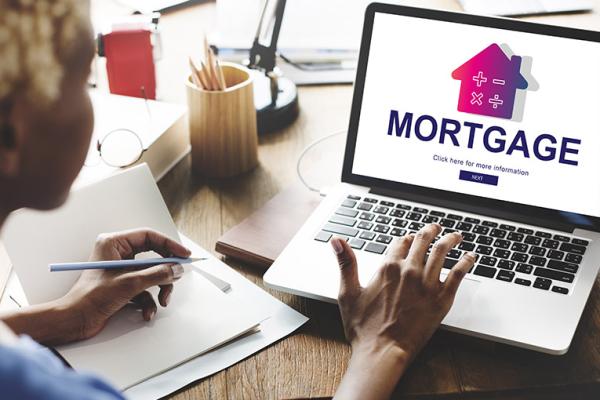The main decider which determines whether you qualify for a mortgage or not is quite simple: can you afford to pay it back? In order to assess this a mortgage lender will look at a number of different things including:
Credit history: Credit history is basically any previous experience you have had of lending a large amount of money and your experience paying it off. This can include things like credit card history, getting a car on finance or getting furniture on finance. Any missed or late payments will negatively affect your credit score and may affect your ability to get a mortgage.
Bankruptcy: If you have ever been declared bankrupt it can be very hard to get a mortgage.
Your income:Your basic income from your salary, any other earnings (overtime, commission, or bonuses) and any other forms of income.
Expenditure: Including direct debits, bills, scheduled finance payments such as credit cards, car etc, insurance and council tax. Some lenders may also ask for information on child maintenance costs such as nursery or schooling fees.
The future: A lender will also need to assess if you can pay your mortgage if the interest rates were to increase, if either you or your partner lost your job or got critically ill and were no longer able to work, and if you plan anymore lifestyle changes such as a change in career, getting married or having a baby.
To help you assess how much you could afford, look at banks, lenders rates and affordability calculators. They will usually be able to determine how much you'd be able to afford to pay back based upon your income. To apply for a mortgage you can either apply directly to a bank or building society or go through a mortgage broker or independent financial advisor who will compare different mortgage rates and give you access to mortgages which are not offered directly to customers.
A mortgage is a loan agreement between an approved lender (bank, building society) and a person wanting to purchase a property. The lender will provide the funds to purchase your home at interest in exchange for title of the debtor of the property – which will become void when the debt is fully repaid. A mortgage usually runs for 25 years – however, some can be longer and some can be shorter depending on your needs.
A mortgage is likely to be the largest debt you will ever take on, so it's really important that you establish how much you can afford long term. Whist it's impossible to write the future, planning for life changing events such as children, travelling or getting married, will ultimately help you to establish how much you can afford to put away long-term.
All mortgages require buyers to have a deposit to put down on a property. This is usually 10% of the purchase price. So if you were buying a house for £280,000 you would need £28,000 to put down as a deposit. This will give you a Loan to Value (LTV) percentage of 90% which basically means you need to lend the remaining 90% of the house value. The lower your LTV percentage (the bigger your deposit) the more chance you have of getting a mortgage as the risk is lowered for the lender. For first time buyers, lenders will often offer a mortgage based on a 5% deposit to help them get a foot on the property ladder. Generally speaking, the lower your LTV, the lower your interest rate.
Last updated April 20th, 2022
